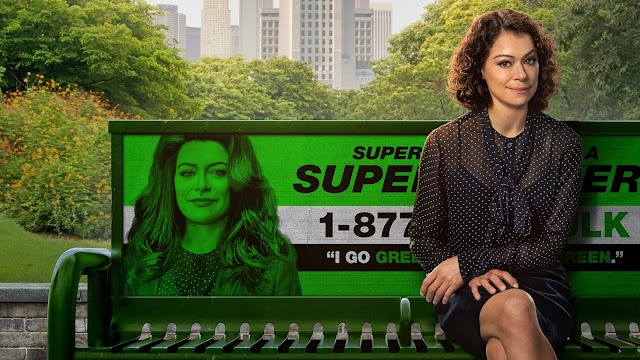Film Back in January, just after the release if Spider-Man's No Way Home, I wrote a theory of how to rationalise how fictional multiverses work and how they're interconnected. After seeing Doctor Strange's Multiverse of Madness and Everything Everywhere All At Once and thinking about the back and forth between Ms Marvel star Iman Vellani and Kevin Feige about the designation Earth-616 (which is now being used for both the comics and cinematic universe), I've realised, rather like this sentence, I've over complicated things.
As in that previous post, I still think that there's a nested system at play. That there's an omniverse which contains multiverses which then contain universes (or realities). The mistake I made was in essentially creating two tiers of multiverses, in suggesting that MARVEL is its own multiverse which contains multiverses which I was calling universes and basing the mechanics on IP rather than media and so forth. Using a similar structure and some of the same text, here's how it should actually be rationalised:
Omniverse.
An infinite collection of all stories ever. As the Marvel article lists, "not only Marvel Comics, but also DC Comics, Image, Dark Horse, Wildstorm, Archie, Harvey, Shueisha, Boom Studios, Rebellion, Dynamite, IDW, Graphic India, Derby Pop, Vertigo, Oni Press, Udon, Valiant, and every universe ever mentioned or seen". Basically, this is everything. Every film, tv show, comic, advert, every piece of fiction ever created.
Multiverse.
A single discrete multiverse within one of those stories. In other words, the comics DC multiverse, CWverse, whatever's happening with DC's cinematic stories, alongside the Marvel Comics, the various animated series and crucially the MCU not to mention us. If the many-worlds theory is true and there's an infinite number of them it stands to reason that somewhere out there, these fictional universe are actually happening. Doesn't it?
The reason Iman and Kevin are at odds is because the Official Handbook of the Marvel Universe gave the MCU a designation of Earth-199999 to make it distinct from the main comics universe, Earth-616 and so on also sitting alongside it (there's a big long list of them here). But if you ignore the whim of whoever wrote that back in late 2008 in the afterglow of Iron Man's success, it makes more sense to say that the comics multiverse and the film multiverse are two different realities that run alongside each other.
The beauty of this is that it also means that all of these different multiverses can have their own localised rules about how they exist as multiverses, they can all contradict one another. So if the MCU has one way of working out why the prime universe is 616 and the comics have another, that's ok. Just as its fine that DC comics oscillates between having an infinite number of universes and fifty or so.
But they can also connect (see the two Flashes meeting in the CW's Crisis) and from the point of view of the characters or even the writer in such a way that it feels like they're in the same multiverse from their point of view, even if they're quite separate. So the Doctor doesn't exist within the comics universe, he just travelled there to drop off Death's Head before returning to the Whoniverse, which itself has its own multiverse.
Did the universes in Doctor Strange 2 exist before Loki in the MCU? I honestly don't know. If He Who Remains is to be believed, there was a multiverse which was then destroyed to make way for the sacred timeline, but the events of Loki have repeated the cycle. In which case, once Sylvie killed He Who Remains, it's as though the multiverse has always existed and no one knows any different, Watchers and all. Phew.
The other possibility is that the sacred timeline is a con-job. That there was always a multiverse and that all He Who Remains was trying to do was stop off-shoots from the Earth-616 timeline for some reason or other. So Earth-838 was always out there, as well as all the universes featured in the What If? animated series. But I don't think we've been given enough information either way. Yet.
Universes.
One of the universes within a multiverse.
Although confusingly a lot of those multiverses are also referred to as "universes" which is why I tied myself up in knots last time. It should really be the Marvel Cinematic Multiverse, MCM, but its a bit late now.

